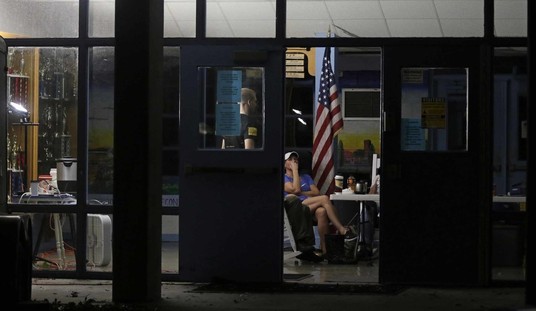At stake is the alcohol industry’s ability to ship products across state lines, jeopardizing the business of distributors around the country and the ability of small producers to get their product to market. Legislation will likely be considered by the next Congress that would nail down the regulations that prevent alcohol from being shipped and distributed freely throughout America.
“It violates our members' Constitutional rights,” said Wendyl Lee, the general counsel for the San Francisco-based Wine Institute, a coalition group that represents independent wineries. A recent Supreme Court ruling held that it was illegal to discriminate on producers based on size and on location, and illegal to allow states to continue to disallow wineries to ship to consumers in certain states. Until then, states could discriminate in any way they please, while under the influence of powerful distributor lobbies, say critics.
The CARE Act would essentially reverse the Supreme Court ruling, and allow states to discriminate in whatever way they pleased. Michael Johnson, the executive Vice President for the National Beer Wholesalers Association, argued in favor of the law in the interest of protecting minors and the public’s health.
“Licensed, independent distributors are essential to the American system of alcohol regulation that works to keep citizens and communities safe,” he said. “NBWA’s members buy only products that have been approved for sale by state regulatory authorities and sell only to locally licensed retailers who are responsible for selling only to those of legal drinking age.”
NBWA has been criticized as being one of only a few organizations to support the CARE Act; that’s because they have a lot to lose if the legislation isn’t passed. The three-tiered system of alcohol distribution in the U.S. developed after prohibition, where licensed distributors enforced strict distribution laws. The recent Supreme Court ruling could undo all of that.
Recommended
In Johnson’s opinion, that’s a bad thing.
“Alcohol shouldn’t be sold any time, any place to any one because alcohol isn’t like potato chips, soft drinks or chewing gum,” he said.
Wine lobbyists argue that the CARE Act would eliminate direct-to-consumer shipping in 37 states and the District of Columbia, giving a monopoly to the distributors. But shipping and safety isn’t the only thing at play in this debate – there’s also the issue of states rights. Michele Simon, the research and policy director of the Marin Institute, says that without the states ability to discriminate on distribution, there is no way to control it.
“Someone has to be the holder of the alcohol at any moment. When you license someone like Wine.com, who is the holder? It gets very murky and confusing,” she said. “For any other kind of hazardous material, you want to make sure it arrives safely. Do we want FedEx to be in charge of distributing arsenic?”
Gladys Horiuchi, spokeswoman for the Wine Institute, says that’s a bunch of hogwash.
“If [wineries] ship to an out-of-state to a minor, they get thrown in jail for a year and fined $10,000, and the next time they could lose their basic permit to operate,” said Horiuchi. “Frankly, it’s too much of a risk for producers.”
It’s also a risk to politicians, who frequently have a multitude of booze distributors but only a few, if any, producers in their districts. If and when the next Congress takes it up, expect major divisions on the issue, which will probably not be tempered by a good-natured buzz from a strong, boozy brew.

























Join the conversation as a VIP Member